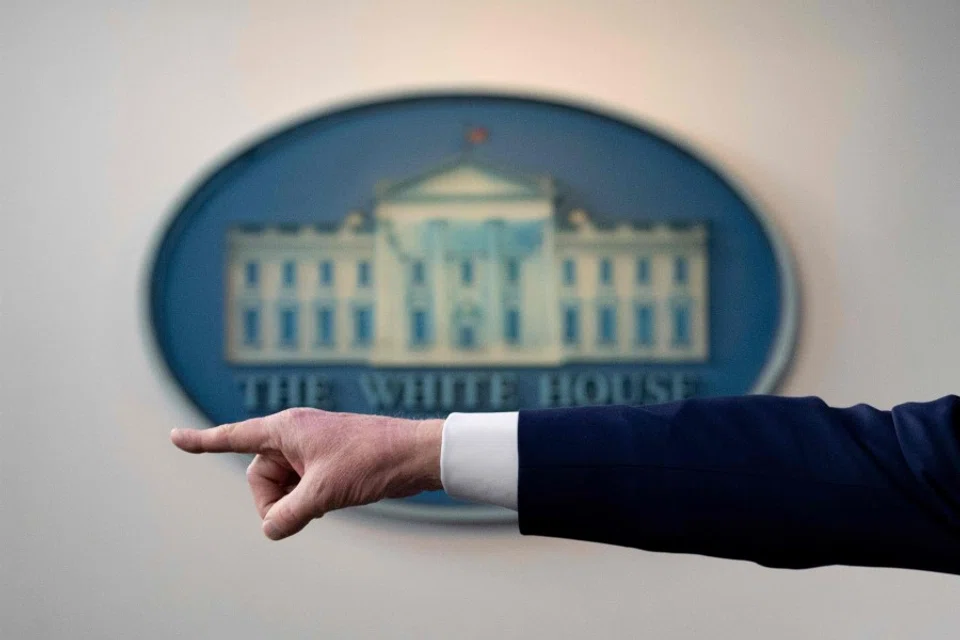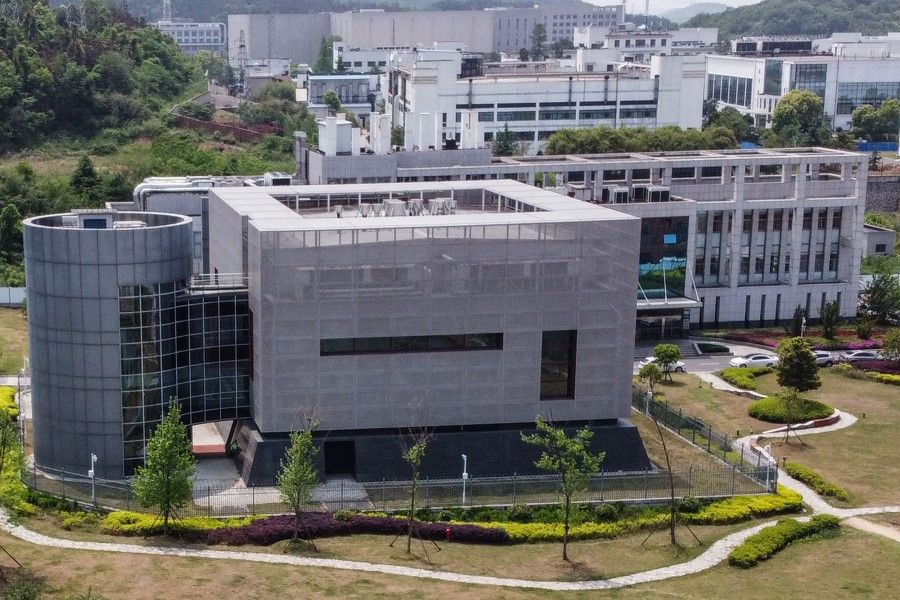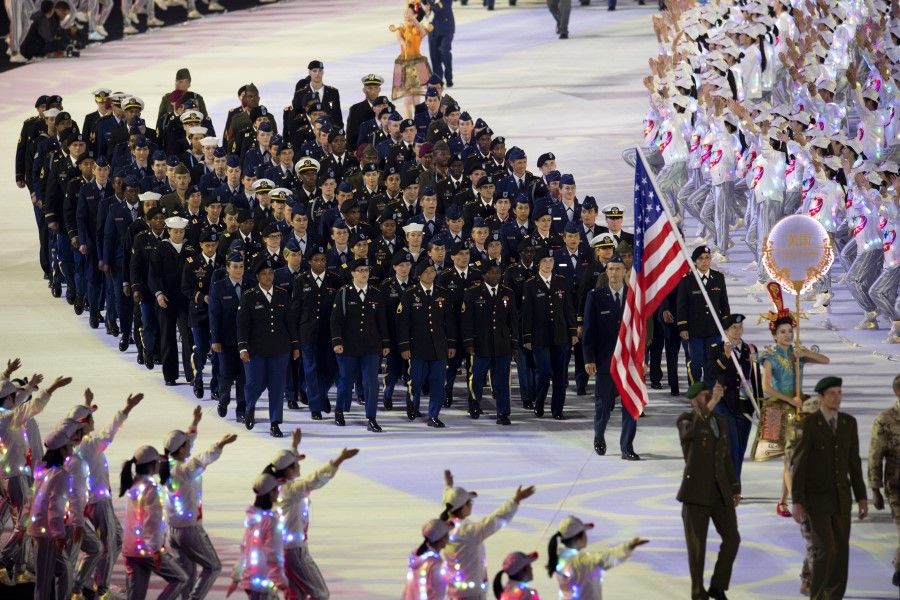So who leaked the virus? The resurrection of conspiracy theories

After subsiding for a while, conspiracy theories about the coronavirus are resurfacing and reigniting a war of words between China and the US.
On 15 April, Fox News quoted several people saying the US government suspects the coronavirus started from a leak at the Wuhan Institute of Virology (WIV) due to lax safety protocols. That same day, US President Donald Trump said, "More and more, we're hearing the story... We are doing a very thorough examination of this horrible situation that happened."
...a wave of rumours also began in China that the coronavirus originated in a laboratory in Fort Detrick in the US, and was brought to Wuhan by US troops during the Military World Games last October.
Also on the same day, US Secretary of State Mike Pompeo said in a Fox News interview that the coronavirus originated in Wuhan. Referring to the Huanan Seafood Market, widely regarded as the source of the virus, Pompeo said, "We know there is the Wuhan Institute of Virology just a handful of miles away from where the wet market was. There is still lots to learn. The United States government is working diligently to figure it out."
While Trump and Pompeo did not say for sure that the coronavirus came from the WIV, they did not eliminate the possibility. In particular, Pompeo drawing a link between the WIV and the Huanan market made clear his suspicions.

The rumour that the coronavirus originated from the WIV started soon after the initial outbreak. People dug up all sorts of details about the WIV, and even the CV and career progress of the WIV head came under scrutiny. Some rumours even claimed that a WIV intern surnamed Huang was patient zero, but these were subsequently debunked.
In response, a wave of rumours also began in China that the coronavirus originated in a laboratory in Fort Detrick in the US, and was brought to Wuhan by US troops during the Military World Games last October. Chinese foreign ministry spokesperson Zhao Lijian also said the virus could have been brought to Wuhan by US troops. This led to a war of words between China and the US last month, with Trump worsening the division by angrily referring to the "Chinese virus".
While US allies such as the UK and France do not agree with the claim, they are also beginning to say that China should take responsibility for the spread of the virus.
This argument had barely died down when it was reignited by the Fox News reports. The Washington Post also recently reported that officials from the US embassy had conducted multiple interviews with the WIV and submitted two official alerts to Washington about the lack of sufficient safety protocols at the laboratory. This sparked discussion within the US government about whether the WIV was the source of the virus.
Unlike the previous round, this time the US mainstream media and senior officials are there to point the finger at the WIV. While US allies such as the UK and France do not agree with the claim, they are also beginning to say that China should take responsibility for the spread of the virus. Clearly, China is not in a good position when it comes to key issues such as the origin and spread of the virus, and might face a collective bashing.
As for the allegations brought by the US media and officials, Chinese foreign ministry spokesperson Zhao Lijian on 16 April alluded to the fact that the US was playing up the origin of the virus and suggesting that it came from the WIV as a distraction and to shift responsibility. He said that China has repeatedly said that the source of the virus is a serious scientific question that requires scientific opinions.
Western countries such as the US have always held international mainstream speaking rights, while Chinese authorities and public opinion have limited international influence.

In the war of words, while some media in China insist on concluding that the virus came from a US biochemical laboratory, the Chinese foreign ministry has not repeated that line, but has stressed that the source of the virus is a serious scientific question that requires scientific opinions.
This is probably a wiser and more rational response, because Western countries such as the US have always held international mainstream speaking rights, while Chinese authorities and public opinion have limited international influence. This is a reality that China will not be able to change in the short term. And if Chinese officials and media claim without sufficient evidence that the virus could have come from the US, it would not win over international opinion, but instead receive more backlash and pressure, and put China in a more disadvantaged position.
In the end, significant scientific study is required to determine where the coronavirus originated. While international opinion is mainly led by Western countries, when it comes to where the virus came from, the views of Western media and politicians cannot be a substitute for scientific evidence.
All things said, behind the argument over the origin of the virus lies the desire to pass the buck. As of now, the conspiracy theories over the source of the virus lack scientific evidence, which are excuses for political and diplomatic tussles. As the global spread of the coronavirus continues, these tussles will not do any good but are a reality that the international community has to face.
